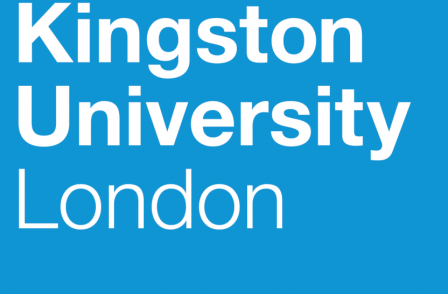
Kingston's journalism courses are among the best in the country. In terms of student satisfaction, employment of graduates, starting salaries and making journalism the most interesting it can be, we believe we can't be beaten. Our courses offer you the chance to learn the skills and knowledge you need to be a professional journalist or publisher.
Studying journalism you will learn news and feature writing, visual storytelling such as video journalism, and essential digital skills for this technological age. You will also gain a critical insight into the context in which modern day journalists operate. You will learn about the ever-changing world of the media from our experienced teaching team that includes award-winning journalists. You will be encouraged to develop your journalistic skills with a strong emphasis on practice.
Our staff are top practitioners in their fields and you will learn from the best, honing and practising your skills in our dedicated industry-standard newsrooms and production offices. You also have the opportunity to undertake work experience and internships in London, the hub of the UK's media industry, supported by our award-winning work placement scheme.
Speakers from industry visit weekly to share insider knowledge about working in today's industries. You will work on live projects that will develop your skills through hands-on experience. Kingston's Journalism department has been recognised for its excellence and every year student feedback emphasises the quality of our teaching and the approachability of staff. At Kingston, we put the student experience first among our priorities.
Our students have one of the highest employment rates in the country with many going on to high-profile careers in the media.
The profession
Journalism is a rapidly evolving profession that plays an important part in the workings of society and democracy. The 70,000 journalists in Britain today include music critics and war correspondents, print subeditors and webpage designers, football reporters and property specialists, local news reporters and online content editors – and a growing body of ‘multimedia’ journalists expected to be capable of alternating between two or more of these roles on any given working day.
These people contribute to a remarkable range of publications:
• An ever-growing range of online news and comment sites, from Youthnet and spiked-online to openDemocracy.net and the Huffington Post – not to mention the increasingly interactive online operations of the BBC, the Telegraph group, The Guardian and other publications that used to be considered ‘traditional’ media
• National, regional and local newspapers, from The Sunday Times to the Yeovil Express
• Magazines as varied as Nursing Times, The Spectator, Heat and Homes and Gardens
• Broadcast journalism outlets, including the BBC, ITN and Sky.
In addition, a growing number of other professions – such as public relations, advertising, campaigning, marketing and publishing – rely on people with journalistic skills.
Undergraduate Courses
Our undergraduate journalism course is one of the top-rated in the country and offers a range of practical and contextual modules. Our aim is to bring out the best in our students and produce thinking journalists who can flourish in the industry.
You can also combine Journalism with a range of other courses please see the course webpage for further information.
Postgraduate Courses
Our MA Journalism course is accredited by the NCTJ – the professional training body for the industry while our magazine course is one of the few in the country that is recognised by the Periodical Training Council.
To find out more about Journalism at Kingston University go to www.kingston.ac.uk/publishandjournodept
Email pged@pressgazette.co.uk to point out mistakes, provide story tips or send in a letter for publication on our "Letters Page" blog
